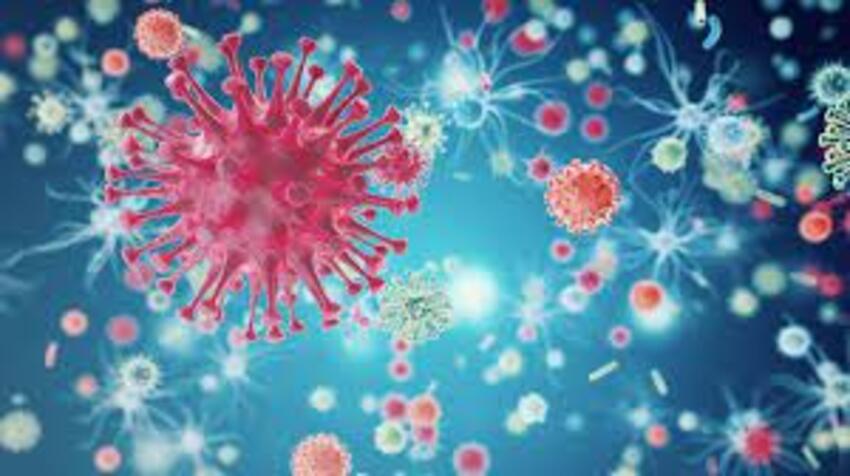
Medicine
Medicine is the art, science, and practice of caring for a
patient and managing the diagnosis, prognosis, prevention, treatment or
palliation of their injury or disease. Medicine encompasses a variety of health
care practices evolved to maintain and restore health by the prevention and
treatment of illness. Contemporary medicine applies biomedical sciences,
biomedical research, genetics, and medical technology to diagnose, treat, and
prevent injury and disease, typically through pharmaceuticals or surgery, but
also through therapies as diverse as psychotherapy, external splints and
traction, medical devices, biologics, and ionizing radiation, amongst others.
Medicine has been practiced since prehistoric times, during
most of which it was an art (an area of skill and knowledge) frequently having
connections to the religious and philosophical beliefs of local culture. For
example, a medicine man would apply herbs and say prayers for healing, or an
ancient philosopher and physician would apply bloodletting according to the
theories of humorism. In recent centuries, since the advent of modern science,
most medicine has become a combination of art and science (both basic and
applied, under the umbrella of medical science). While stitching technique for
sutures is an art learned through practice, the knowledge of what happens at
the cellular and molecular level in the tissues being stitched arises through
science.
Prescientific forms of medicine are now known as traditional
medicine and folk medicine. They remain commonly used with, or instead of,
scientific medicine and are thus called alternative medicine. As an example,
evidence on the effectiveness of acupuncture is "variable and
inconsistent" for any condition, but is generally safe when done by an
appropriately trained practitioner. In contrast, alternative treatments
outside the bounds not just of scientific medicine, but also that of safety and
efficacy are termed quackery. This can encompass an array of practices and
practitioners, irrespective of whether they are prescientific (traditional
medicine and folk medicine) or modern pseudo-scientific, including chiropractic
which rejects modern scientific germ theory of disease (instead believing
without evidence that human diseases are caused by invisible subluxation of the
bones, predominantly of the spine and less so of other bones), with just over
half of chiropractors also rejecting the science of immunization.
- Adolescent medicine
- Geriatric medicine
- Hospice and palliative medicine
- Pain medicine
- Sleep medicine
- Sports medicine
- Aerospace medicine
- Addiction medicine
- Conservation medicine
- Disaster medicine
- Evolutionary medicine
- Diving medicine
- Forensic medicine
- Hospice and Palliative Medicine
- Hospital medicine
- Laser medicine
- Occupational medicine
- pain medicine
- Podiatric medicine
- Sexual medicine
- Travel medicine
- Tropical medicine
- Veterinary medicine
- Wilderness medicine
Recent Published
Submit Manuscript
To give your manuscript the best chance of publication, follow these policies and formatting guidelines.


